bp begins shipping LNG from Mozambique’s first LNG project and first FLNG platform
Green Car Congress
NOVEMBER 15, 2022
bp has successfully loaded the first LNG cargo from Mozambique’s offshore Coral Sul FLNG (floating liquefied natural gas) facility, the country’s first LNG project and first floating LNG facility deployed in the ultra-deep waters of the African continent. FLNG vessels are floating LNG production, storage and offloading units.

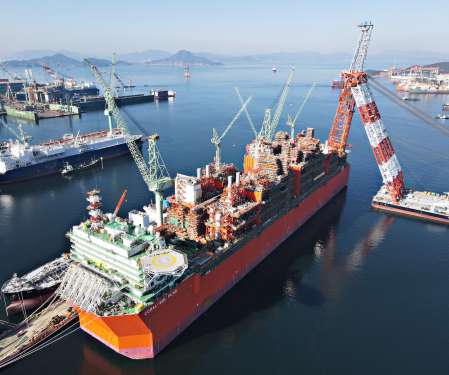
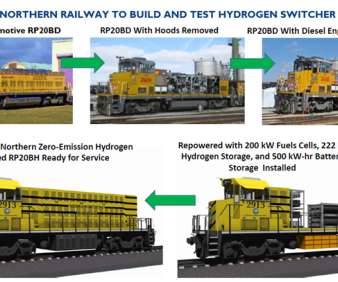


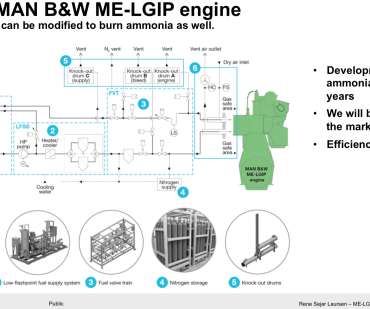









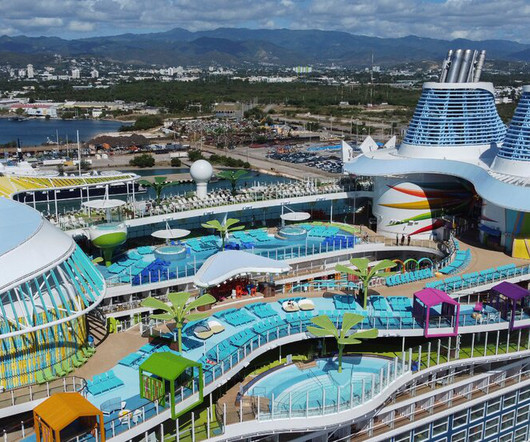
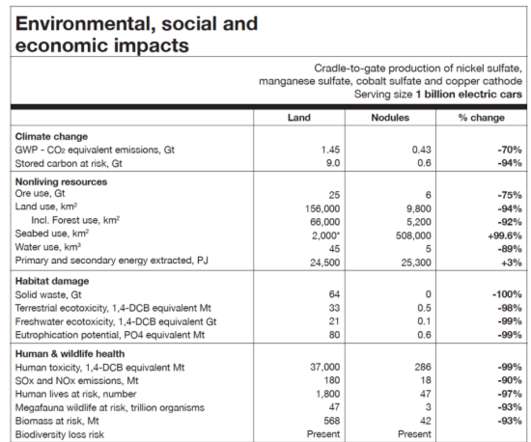

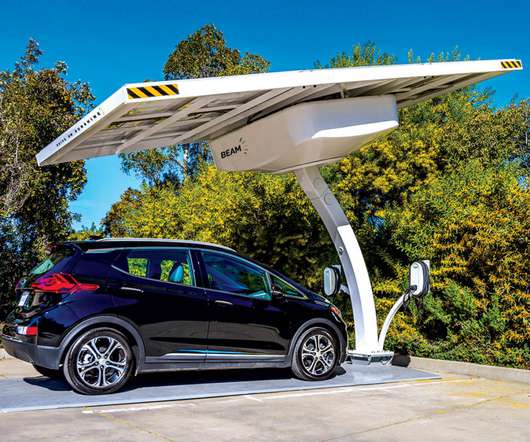


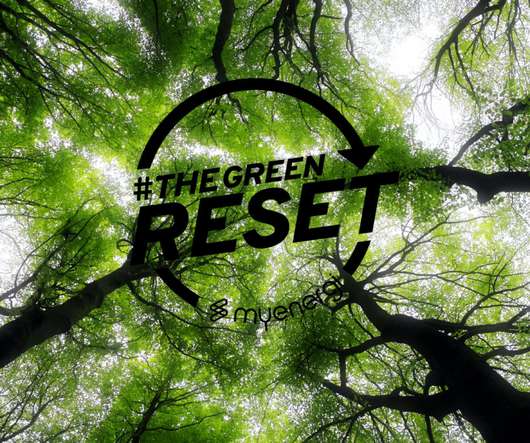








Let's personalize your content